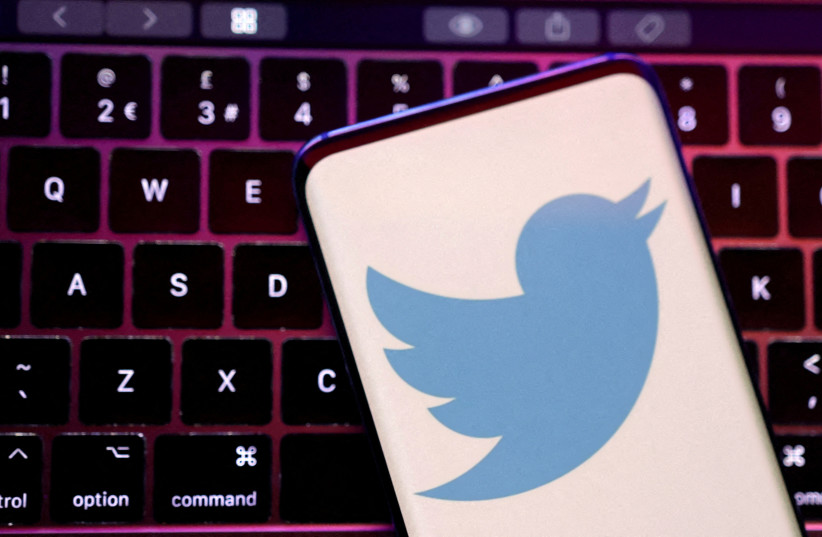Some past research has suggested that falsehoods travel more quickly online than the truth and are more popular with the public, but a new study from Ohio State University gives a more hopeful view.
Researchers found that posts on the social media site Reddit that included news articles fact-checked as true received more engagement and positive reactions than posts with news labeled as false.
Reddit is a popular social media site centered on discussions, content rating and news aggregation. Redditors, as the platform's users are dubbed, discuss and rate by upvoting (positive vote) or downvoting (negative vote) content submitted by other Redditors on the many user-made boards called subreddits.
In one measure, Reddit posts linking to true information received nearly twice as many upvotes – the equivalent of “likes” – as posts that were marked as false. That contrasts with a widely reported 2018 study of Twitter users that found false stories diffused more rapidly and widely than those that were true.
Why is the popularity of true stories versus fake news different between Twitter and Reddit?
While the results of the Twitter study were troubling, this new research cautions against “painting with too broad a brush” about how people act on social media, said communications Prof. Robert Bond, the lead author. “We found that the true information received a lot more attention and engagement on Reddit than false information,” Bond said.

Bond conducted the study with Prof. Kelly Garrett, his colleague communication at Ohio State. Their study was published online in the journal PNAS Nexus under the title “Engagement with fact-checked posts on Reddit.”
Garrett said that “the findings that Twitter users were more likely to share false information may have less to do with human nature and more about how people behave on different social media platforms. Twitter and Reddit differ in many ways, including their technical attributes, social norms and people they serve, the researchers noted.
That may be a key for differences in how users of the two platforms respond to true versus false information.
One important difference is that Twitter has a short message format, with many messages generating no reaction at all, and with very few extended discussions. In contrast, Reddit has complex, threaded discussions and users often engage in sustained conversations.
For this study, the researchers examined all political posts on Reddit between 2016 and 2018 that included a link to a news article. They specifically looked for posts with a comment linking to one of three fact-checking organizations: PolitiFact, Snopes and the Washington Post Fact Checker. All posts included a news article that one of these organizations had labeled as true, false or mixed.
This resulted in a dataset of 10,308 posts that included links to 10,785 comment threads that could be classified as being true or false, according to the fact-checkers. These posts received about 8.3 million comments from about 783,000 unique comment authors. The results clearly showed more engagement with posts including true information.
Posts in which the fact-checked information was true received an average of 929 comments, versus false posts, which received only 581 comments on average. Posts that linked to true information also led to longer conversations – an average of 323 hours, versus 234 hours for those labeled false.
